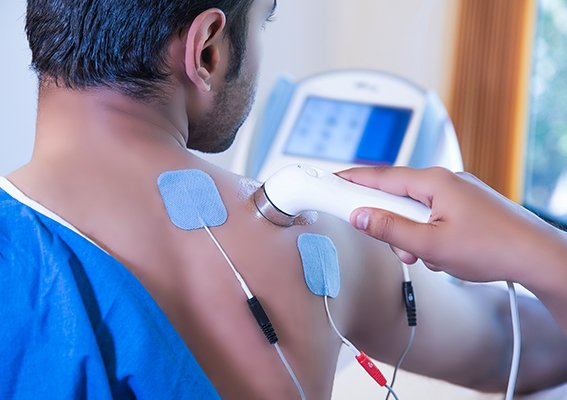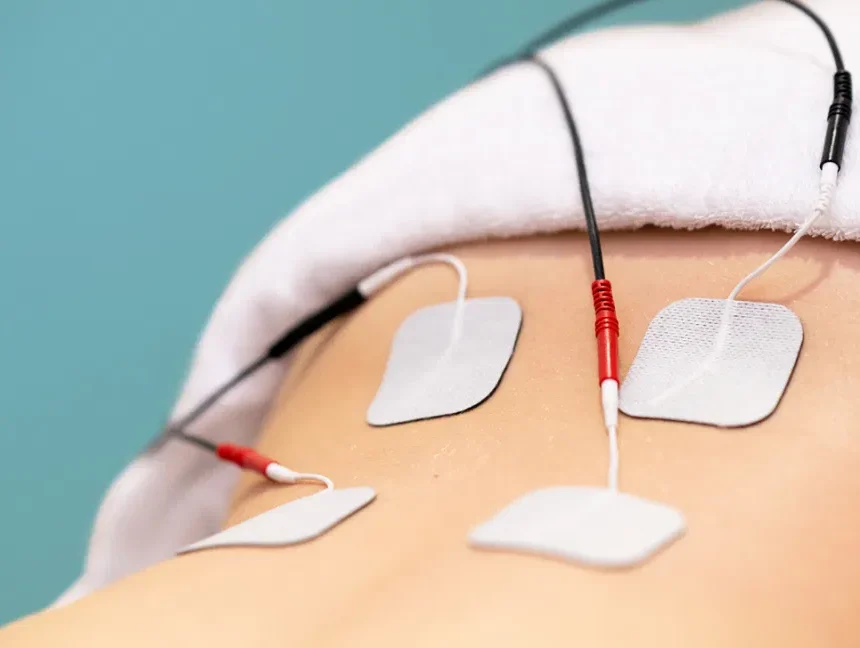Diabetes Mellitus Care
Rama Care has the best comprehensive strategies for managing Diabetes Mellitus, including diet, medication, and lifestyle changes. Learn how to effectively monitor and control your blood sugar levels to enhance your quality of life
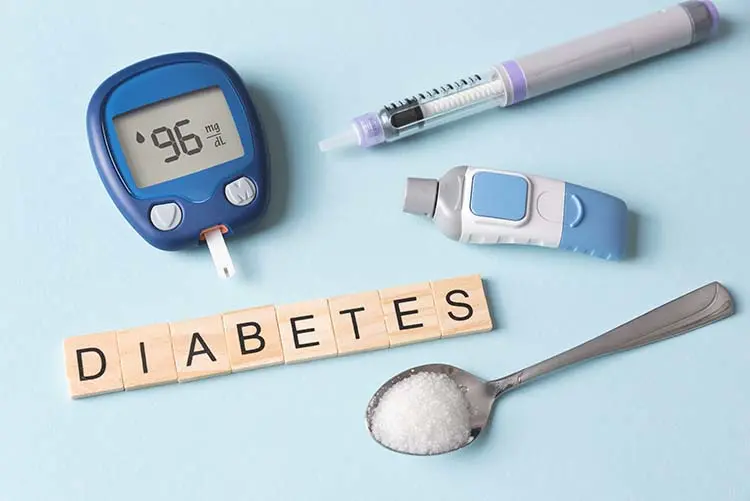
Understanding Diabetes Mellitus
What is diabetes mellitus? It is a persistent disorder of metabolism characterized by hyperglycemia resulting from defective insulin action, deficiency in insulin secretion, or both. Such diseases have two main types: type 1 diabetes and type 2 diabetes.
The less common forms of this disease include gestational diabetes occurring during pregnancy.
The high sugar levels are not the only concern, however; there also exists an increased likelihood of developing heart disease, kidney failure, loss of vision, and nerve damage that signifies different types of neuropathy.
Understanding diabetes means understanding its association with insulin production, insulin resistance, and how lifestyle choices like diet and exercise affect the concentration of glucose in the blood.
We Provided All Types Of Diabetes Mellitus Care
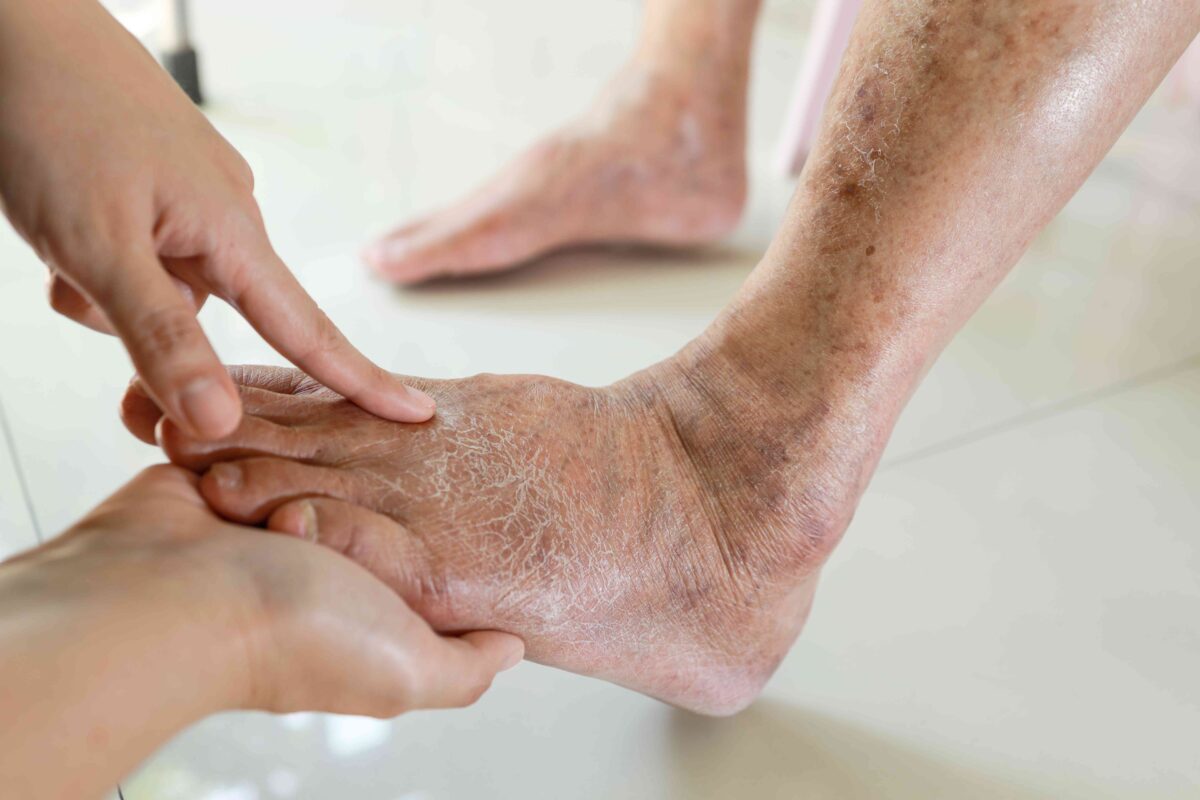
How Do We Diagnose and Monitor
Diagnosis of diabetes mellitus involves several key steps and tests to accurately identify and monitor the disease:
- Initial Screening: Common symptoms prompting an evaluation include frequent urination, increased thirst, extreme fatigue, and blurred vision. A family history of diabetes can also trigger earlier screenings.
- Blood Tests: The primary diagnostic tools include: Fasting Plasma Glucose Test (FPG): Measures blood glucose levels after an overnight fast.
- Oral Glucose Tolerance Test (OGTT): Blood glucose level is taken before and after drinking a sweet drink to check how well the body processes sugar.
- Hemoglobin A1c Test: It measures blood sugar over a three month period.
- Continuous Glucose Monitoring (CGM) Systems: These devices help in knowing about sugar levels of day and night which helps in better control of diabetes treatment.
- Regular Follow-ups: Frequent follow up should be done for monitoring the progress and effectiveness of therapeutic interventions after diagnosis of the disease.
Make An Appointment
What Are The Different Medications and Treatments We Offer?
The management of diabetes must be all-rounded and individualized. There are marked differences between Type 1 and Type 2 Diabetes:
Insulin Therapy:
This is vital for managing Type 1 diabetes, as well as some instances where insulin resistance or inadequate production occurs in Type 2 becoming evident when injections are used to reduce glucose levels within the bloodstream through an injection or by means of an insulin pump.
Oral Medications:
Most patients with type II use drugs like metformin, sulfonylureas, DPP-4 inhibitors, etc which may stimulate secretion or boost the efficiency of insulin
Diet and Lifestyle Modifications:
Both types of diabetes can benefit from changes in diet that maintain appropriate blood glucose levels while reducing weight; regular exercise also plays a big role in controlling or reversing type II diabetes.
Advanced Treatments:
Includes medications like GLP-1 receptor agonists that not only improve insulin production and use but also aid weight loss. SGLT2 inhibitors are another class of drugs that help prevent the kidneys from reabsorbing glucose, thus improving glucose excretion and reducing blood glucose levels.
Patient Education:
As part of the treatment plan, comprehensive diabetes education programs are offered to empower patients to manage their condition effectively. These programs cover nutrition advice, the importance of regular exercise, blood sugar monitoring, and how to recognize and handle episodes of hyperglycemia and hypoglycemia.
Specialized Care for Complications:
Diabetes can lead to various complications, such as cardiovascular disease, neuropathy, nephropathy, and retinopathy. Regular screenings and appropriate treatments for these complications are integral to the care plan.
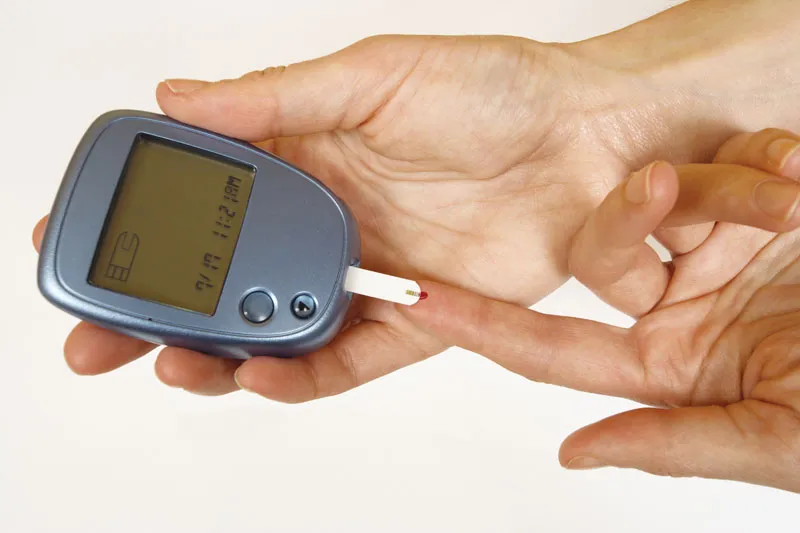

1 diabetes is an autoimmune condition where the pancreas produces little or no insulin. Type 2 diabetes involves insulin resistance and usually develops over time, often related to lifestyle factors.
Frequency depends on the type of diabetes and your treatment plan. Type 1 diabetics might be monitored several times daily, while Type 2 might require less frequent checks, especially if controlled by diet and exercise.
Incorporate high-fiber, low-sugar foods, balance carbohydrate intake with protein and healthy fats, and reduce processed foods. Consistent meal timing and portion control are also crucial.
In rare cases, scarring or infection may occur. It’s essential to follow aftercare instructions and seek treatment from a qualified provider to minimize risks.
Physical activity generally lowers blood sugar by improving insulin sensitivity and helping the muscles absorb glucose. It’s important to monitor blood sugar levels before and after exercise to understand its impact.
Common complications include cardiovascular disease, nerve damage (neuropathy), kidney damage (nephropathy), eye damage (retinopathy), foot problems, and increased risk of skin infections and healing issues.
Real Review From Our Real Customer

Sarah Taylor
DeveloperLorem ipsum dolor sit amet consectetur adipiscing elit sed do eiusmod tempor incididunt ut labore et dolore magna aliqua. Ut enim ad minim veniam, quis nostrud exercitation ullamco laboris nisi ut aliquip ex ea commodo consequat.

Aiken Ward
DesignerLorem ipsum dolor sit amet consectetur adipiscing elit sed do eiusmod tempor incididunt ut labore et dolore magna aliqua. Ut enim ad minim veniam, quis nostrud exercitation ullamco laboris nisi ut aliquip ex ea commodo consequat.

Eachann Jhon
FounderLorem ipsum dolor sit amet consectetur adipiscing elit sed do eiusmod tempor incididunt ut labore et dolore magna aliqua. Ut enim ad minim veniam, quis nostrud exercitation ullamco laboris nisi ut aliquip ex ea commodo consequat.

Smith Jorge
DesignerLorem ipsum dolor sit amet consectetur adipiscing elit sed do eiusmod tempor incididunt ut labore et dolore magna aliqua. Ut enim ad minim veniam, quis nostrud exercitation ullamco laboris nisi ut aliquip ex ea commodo consequat.
Stay Updated With Our Latest News And Blog Articles
- By: admin
- June 3, 2024
- No Comments
Benefits of Electrotherapy
- By: admin
- June 4, 2024
- No Comments
Is Electrotherapy Safe During Pregnancy?
- By: admin
- June 4, 2024
- No Comments
